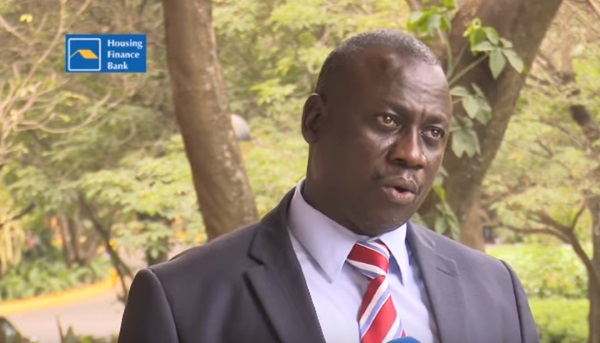It is a fact that the wider appetite for crushing cane for several factories across the sugar belt in Eastern Uganda has resultantly seen more players operating below their installed capacities. “We had fewer factories in Uganda and less capacity in 2014 and we produced 438,000 metric tons of sugar. 2017, we have more sugar factories and we have a bigger capacity because some factories have expanded their capacities but we have only 322,000.” Said, Wilberforce Mubiru – Uganda Sugar Manufacturers Association.
But the on-going discussion around the Sugar Bill has seen a fresh petition by the Sugarcane Growers Association to Parliament demanding that the new law captures the local content provision. “Okay, let us be regulated, 15km radius gives them 6,000 tons of canes; that is enough for Kakira. Others are crushing 4,000 and others 2,000. So saying that in the next kilometer; let it be for Ugandans alone to crush their cane. Because you are saying that 25km radius produces 10,000 tons of cane, in Uganda, there is no factory that can crush that cane.” Said, Michael Mugamba – Chairman, Uganda Sugarcane Growers Association.
There has been divergent views and positions including from the government that some of the sugar factories are accused of cane poaching must relocate at a cost estimated by some experts at nearly 200 billion shillings. “But the government must come out and see what they can do because it is not their fault that they got licenses. It is the same government that gave them licenses and they have done their investments. So implications on some of these issues have to be negotiated and agreed upon between the government and however will be affected by the law.” Said, Alex Ruhunda – Chair, Parliamentary Committee (Trade & Industry).
But further still, the sugar technology stands firm that the sugar law equally needs to capture the wider returns from the lucrative product in order to benefit the agricultural economy that Uganda is. “Very high value as you move along. These people want all the cane, why? They will not only get sugar, they have power. The government is paying 12 US Cents per unit you can go to the Ministry and check; that’s a lot of money. But when they are paying a farmer, they are paying him basing on sugar. Today, KSL is producing 60,000 liters of ethanol at 3 dollars per liter. Gentlemen, in the economics of the sugar industry there is too much money.” David Kafuko – Sugar Technologist.

